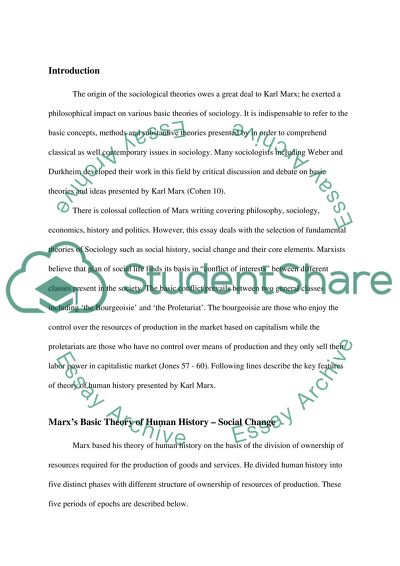Cite this document
(“Karl Marx Essay Example | Topics and Well Written Essays - 1250 words”, n.d.)
Retrieved from https://studentshare.org/sociology/1431861-karl-marx
Retrieved from https://studentshare.org/sociology/1431861-karl-marx
(Karl Marx Essay Example | Topics and Well Written Essays - 1250 Words)
https://studentshare.org/sociology/1431861-karl-marx.
https://studentshare.org/sociology/1431861-karl-marx.
“Karl Marx Essay Example | Topics and Well Written Essays - 1250 Words”, n.d. https://studentshare.org/sociology/1431861-karl-marx.


